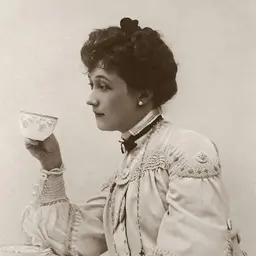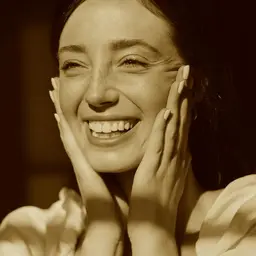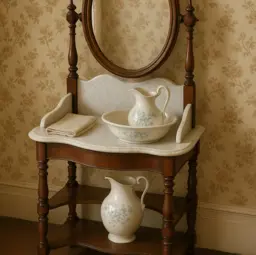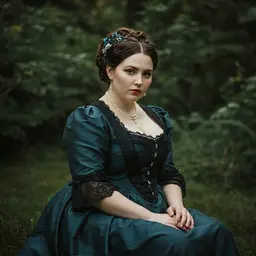
Vintage Ladies' Guide
The winter chill has settled in, and we're turning to our guides for insight on social grace and meaningful connection during the quiet of the season. This winter, our focus shifts to the elegance of indoor entertaining, the timelessness of holiday traditions, and the quiet art of refined living. From hosting a formal dinner with poise to the thoughtful gestures that define a gracious guest, we're here to help you navigate the season with charm. From the Ladies, we wish you a cozy season filled with warmth an intentional living. Here's to the golden glow of winter’s most cherished moments!
Latest Posts

The Dandy vs. The Gentleman: Etiquette Lessons from Imperial Russia
The following is a piece of advice from 19th-century Russia that explains why “elegant simplicity” never goes out of style.

Wisdom from 1866: What a Civil War-Era Etiquette Book Teaches Us About Happiness
Amid the upheaval of post-Civil War America, author Robert de Valcourt published a guide to proper conduct and refined living.

The Social Contract of Cleanliness: Victorian Lessons for Modern Boundaries
The Victorian perspective reminds us that personal hygiene is not just a private matter; it is a social contract that respects the comfort of those around us.

1893 Etiquette: Victorian Ladies in Transit
When three ladies are walking together, it is better for one to keep a little in advance of the other two, than for all three to persist in one unbroken line.

A 1922 Vision of Spring: May Day Charm in Hospitality
In Hospitality, published in 1922, a charming vision of a May Day luncheon unfolds.
Home: Featured Posts
Etiquette: Featured Posts
Our Favorite Posts of 2024
- A Tale of Tyranny: The Unfortunate Marriage of Hortense Mancini
- Beauty, Beyond the Surface
- Beyond Politeness: The Art of Meaningful Dialogue
- Breathe Your Way to Radiance: Lessons from a 1905 Beauty Manual
- Charm, Power, and Strategy: Cleopatra’s Political Genius
- From 1897 to Today: The Enduring Power of Gut Health for Skin
- The Art of Newlywed Cooking: Reflections on A Bride's Cookbook
- The Power of Listening
- Why Homemade Cream Cheese Is Better—and How to Make It